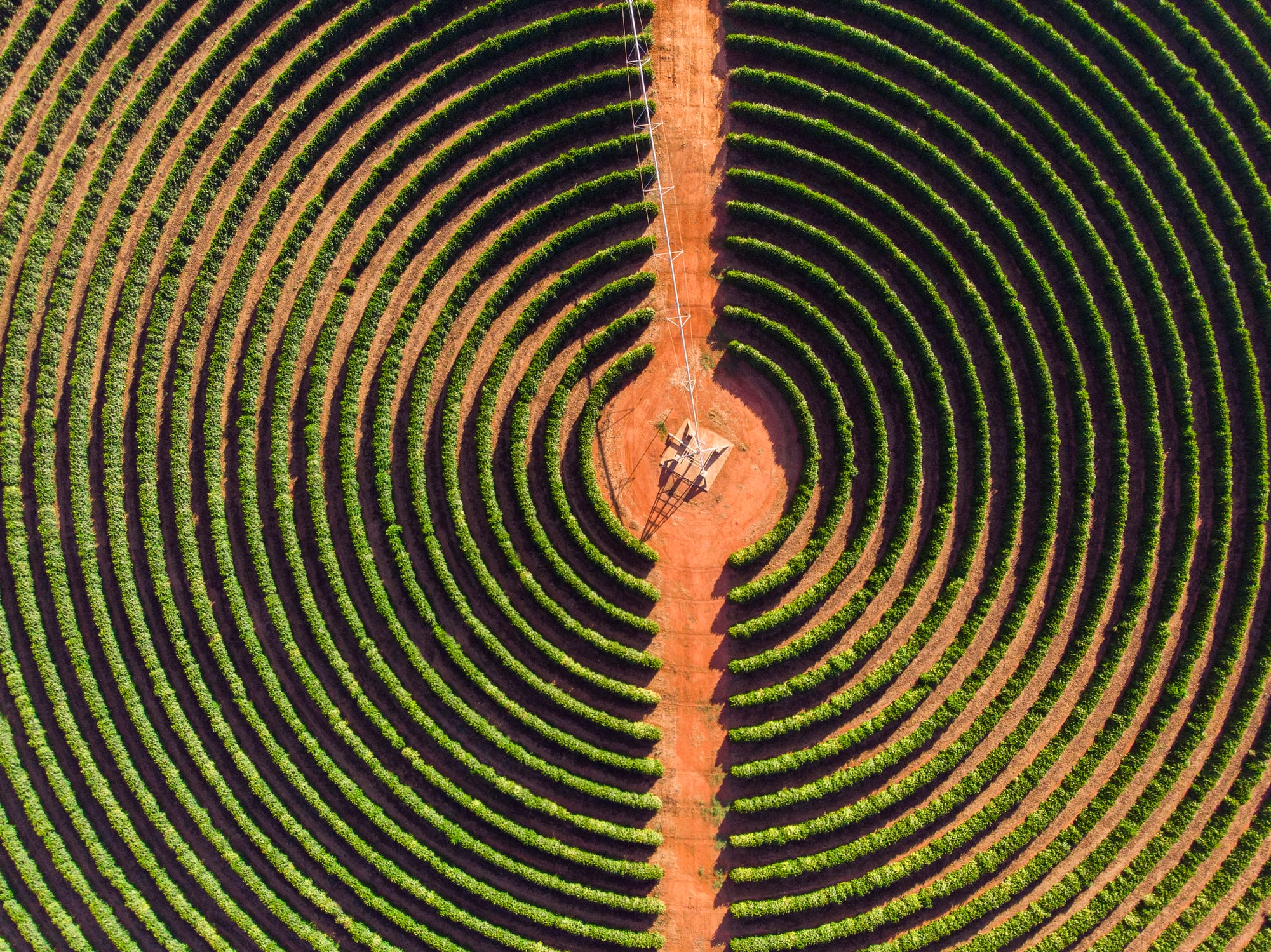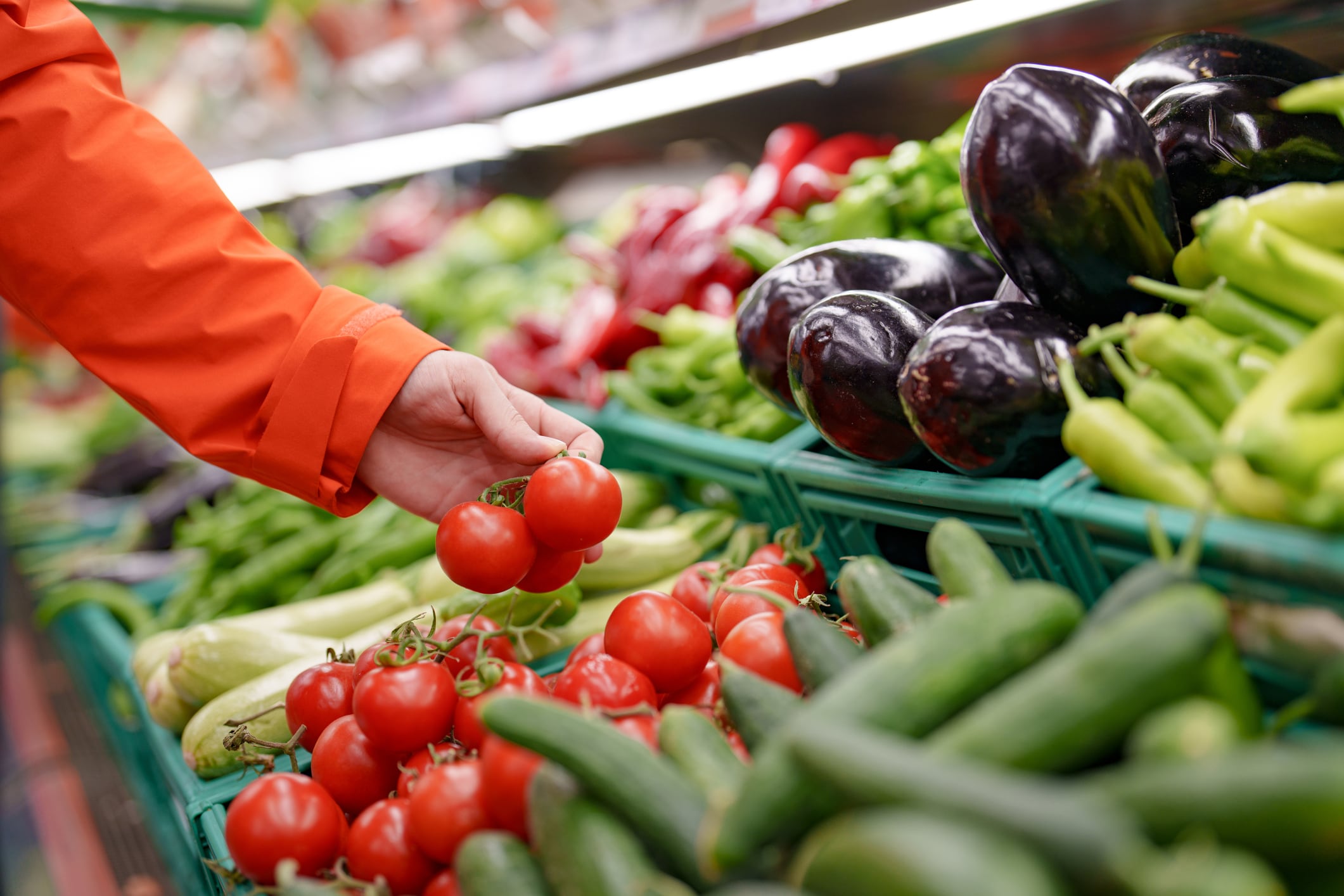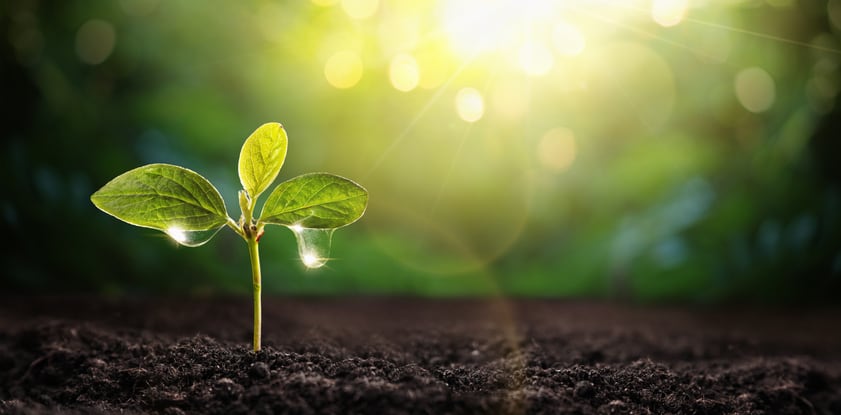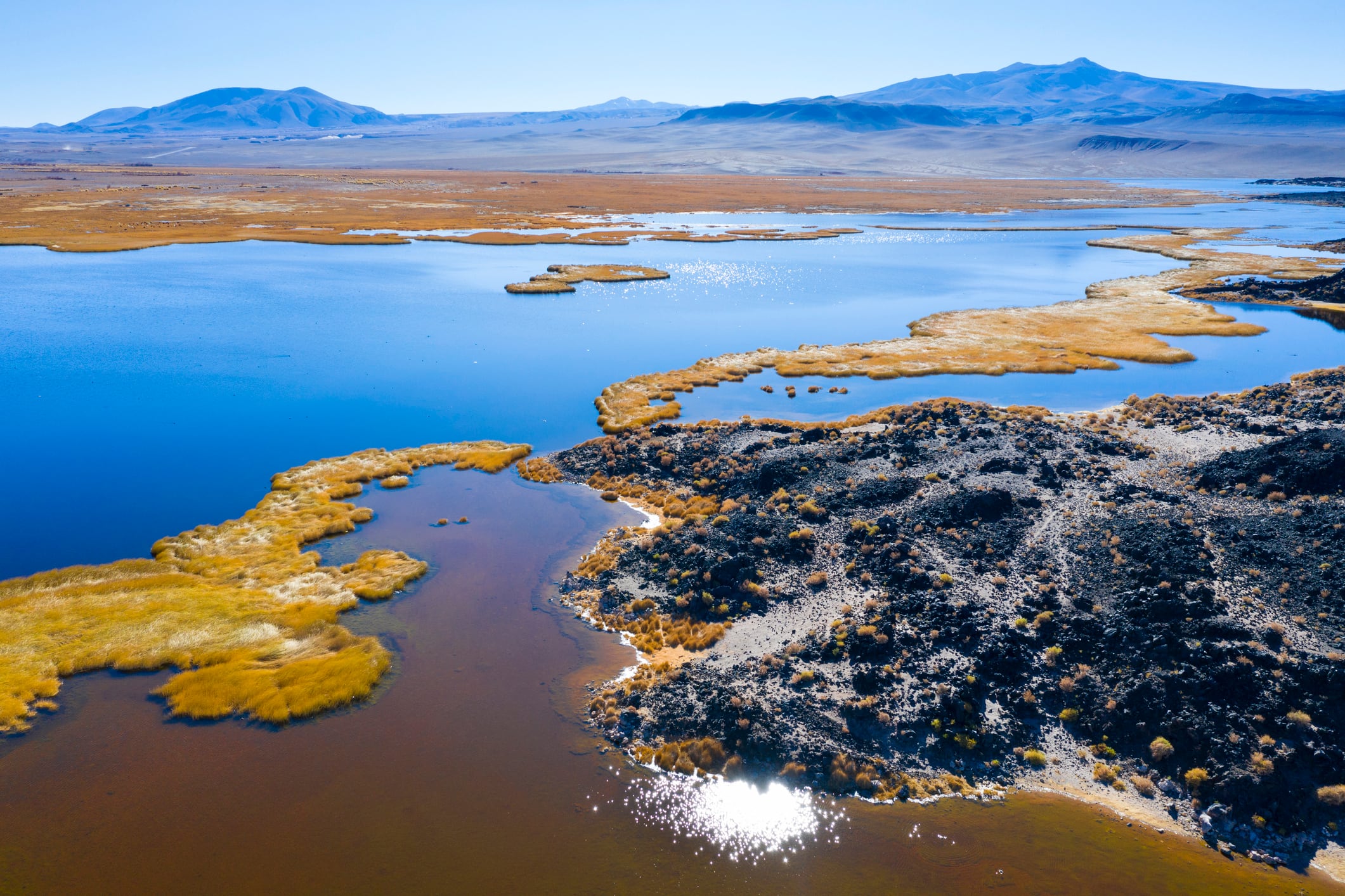Last year’s World Agri-Tech South America Summit was focussed, among other things, on the growing role of biological products, agrifintech solutions and regenerative agriculture in the region.
Top of mind at this year’s event this year will be how to ensure MRV (measurement, reporting, and verification) methodologies can better reflect Latam’s tropical realities; the role of cooperatives in offering tailored support for smallholders to boost sustainable agriculture; and how precision technologies like drip irrigation, moisture sensors, and AI-driven water management systems can optimise water use to enhance the yield and quality of the continent’s all important fresh produce crops.
Yara on regenerative methods
Big name speakers include Nicolas Steinberg, Yara International’s vice president of digital innovation in the Americas, who will shed light on the fertliser giant’s pipeline of innovations that will ensure resilience, efficiency, and the adoption of regenerative methods.
PepsiCo and WWF unpack EUDR
Meanwhile, with EUDR set to be implemented in December despite the delays, experts will discuss how the sector can prepare and establish robust and cost-effective certification and verification systems to meet deforestation-free requirements. The influential delegates include PepsiCo’s vice president of corporate affairs in Latin America, Suelma Rosa, and WWF’s vice president of commodity trade and regulation, Karla Canavan.
Crucially, they will unpack the cost implications of implementing due diligence processes and digital tracking systems to comply with the EUDR, and offer companies advice on how to balance the need for sustainable sourcing practices with the pressure of maintaining profitability, particularly in price-sensitive markets.
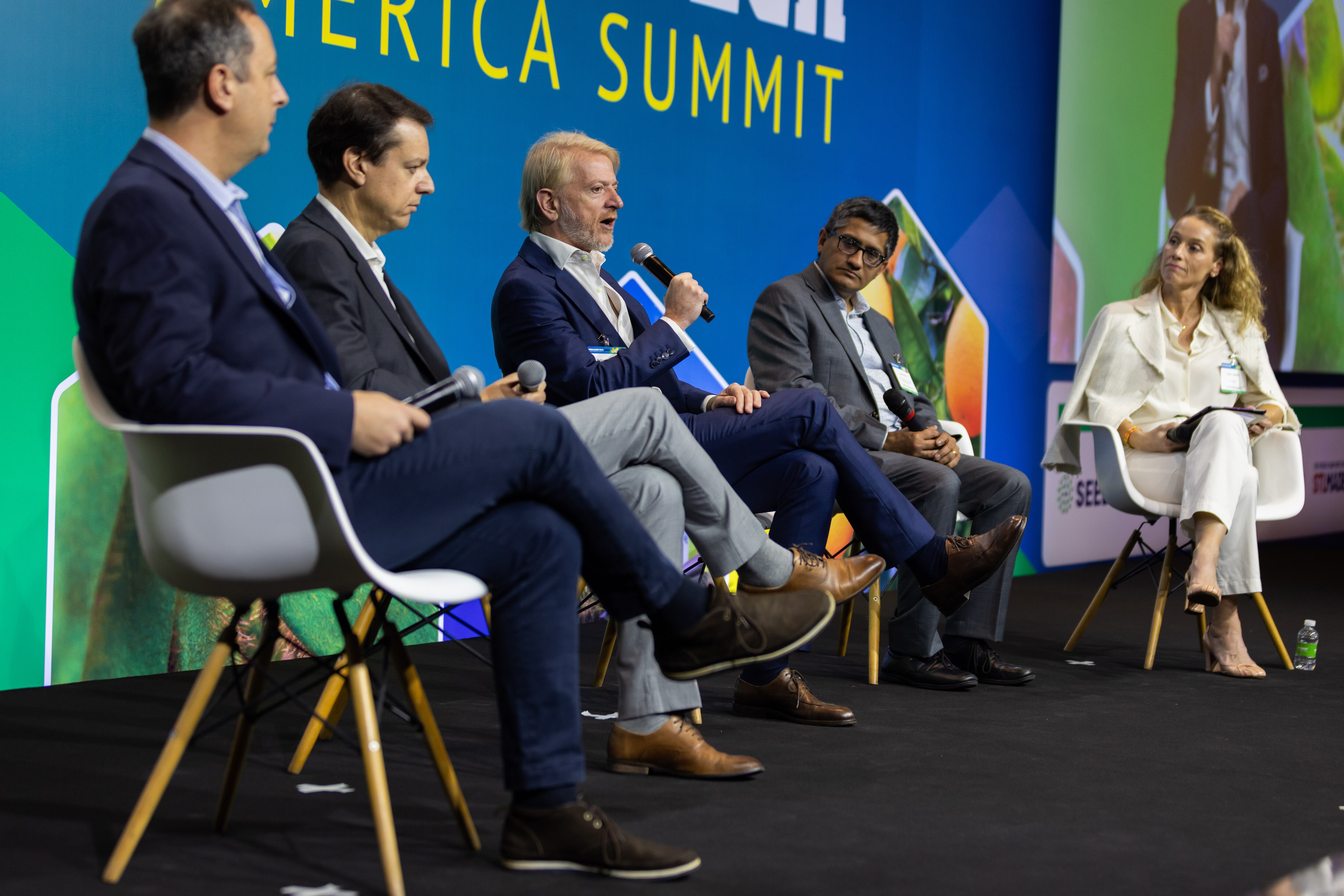
One of Brazil’s largest agricultural cooperatives
Another prominent speaker is Airton Gallinari, who serves as the CEO of Coamo, one of Brazil’s largest agricultural cooperatives. Tasked to ensure that Coamo remains competitive and continues to grow in Brazil’s agribusiness sector, Gallinari will likely give an invaluable glimpse into the tools and practices cooperatives are looking to leverage to promote sustainable agricultural practices among smallholders in Latin America.
CNH Industrial talks tech
Another trend the region is witnessing is a surge in the adoption of digital technologies – such as IoT sensors, AI-driven analytics, precision farming, and digital platforms – to enhance productivity, sustainability, and competitiveness in the sector.
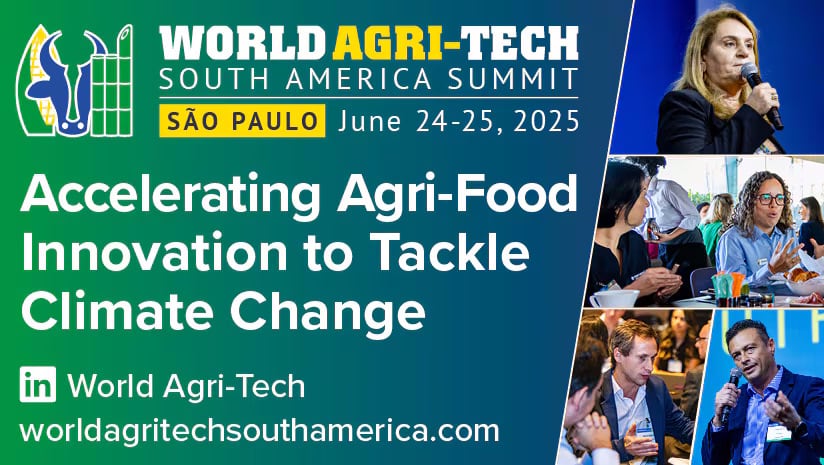
One company making notable strides in Latin America is CNH Industrial, particularly through its commitment to digital transformation and rural connectivity in agriculture. CNH Latin American president, Rafael Miotto, will be at the event to discuss how equipment manufacturers are positioning themselves to capitalise on these developments to enhance their platforms and services.
Louis Dreyfus on biofuels
Also a big topic set to be discussed in São Paulo is whether the biofuel sector keep its foot on the gas. Iule Arruda, head of carbon solutions for Latin America at Louis Dreyfus Company, will be appearing on a fireside chat to discuss how farmers can participate in, and profit from, carbon markets by incorporating biofuel production from waste streams and energy crops.
Political pedigree
Finally, with COP30 on the horizon in Belém, Brazil later this year in November, South America’s agriculture sector is eager to be a driving force in global climate resilience efforts. To that end, Marcelo Donnini Freire, Brazil’s former climate secretary, now founder at investor YVY Capital, is moderating a panel discussion that hopes to unravel ways that agribusinesses, governments, and NGOs can collaborate to create the right incentives and regulatory frameworks to ensure a long-term future for sustainable farming.


